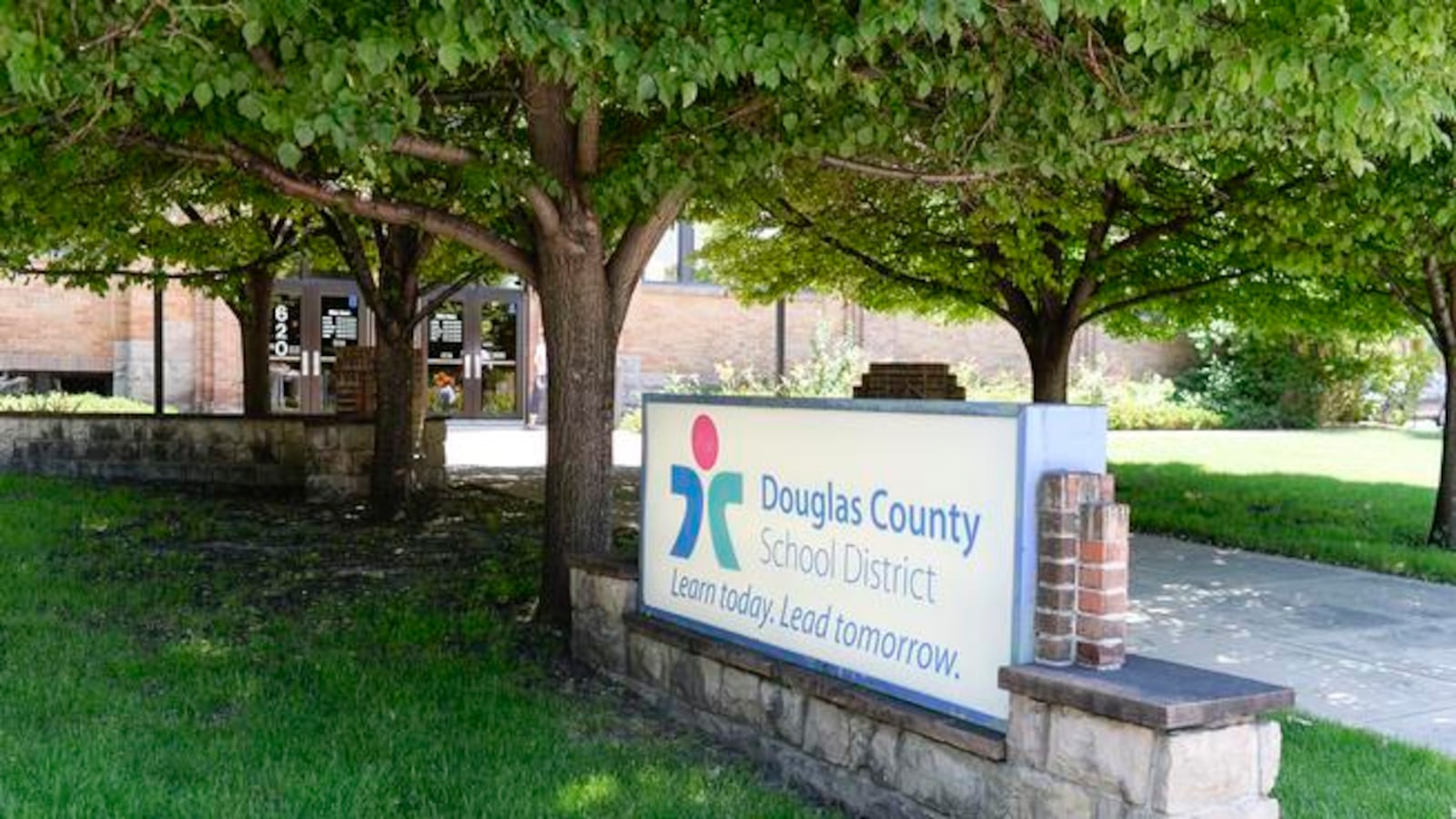It was a nightmare scenario for any parent or teacher: A boy of about 10 suddenly became a different kid in class — banging his head, falling to the floor, stripping his clothes off and running away.
This happened six years ago at Summit View Elementary School in Highlands Ranch, with a student named Endrew. His parents’ decision to pull him out of the school and enroll him in a private school for autistic children eventually led to a drawn-out legal fight that is now headed for the U.S. Supreme Court.
As The Denver Post details, the case of Endrew vs. Douglas County School District could carry national significance for establishing what schools must do to serve students with disabilities.
The student’s parents — who are not named in court documents — asked the district to reimburse them for the private school tuition, saying the district must give their son a “free appropriate public education” as required by the 1975 Individuals with Disabilities Education Act, The Post reports.
Lower courts all sided with the district, reasoning that Dougco had provided Endrew “some” educational benefit — the standard cited in the federal statute at issue.
A Douglas County spokeswoman told Chalkbeat the district would not comment on the specifics of a pending case, but is looking forward to addressing the issues before the high court.
How to serve students with severe needs is a vexing issue for the U.S. education system, as Chalkbeat has reported.
In Jefferson County, parents of children with autism have pressed the district to expand autism services — which include dedicated classrooms — to middle schools that serve seventh and eighth graders.
Parents of special education students in New York City public schools are finding a much easier path than the Douglas County plaintiffs. There, a two-year-old policy that eased the path to private school and reimbursed parents more quickly is paying some dividends — including fewer costly legal battles.
And in Tennessee, the state legislature passed a voucher bill last year allowing the families of students with certain disabilities to receive public money to pay for physical therapy, private school, online learning and other services.

